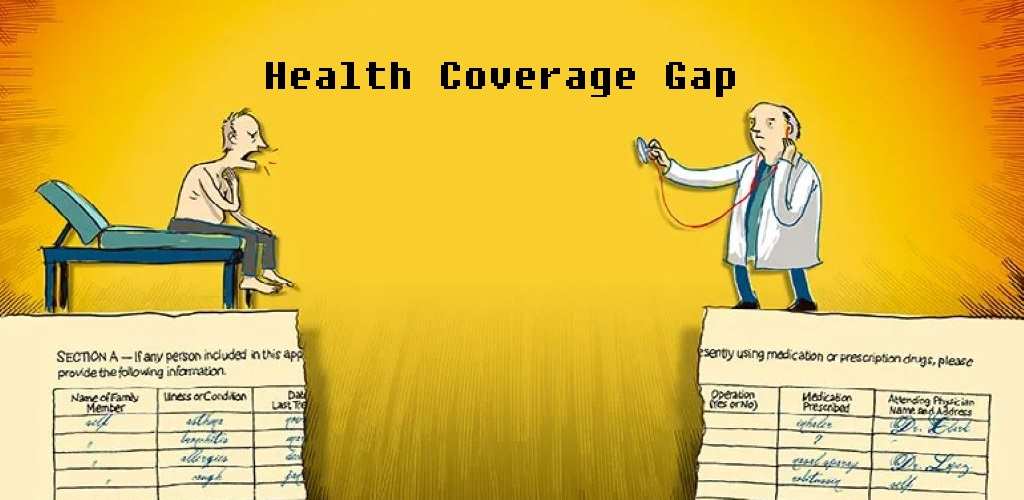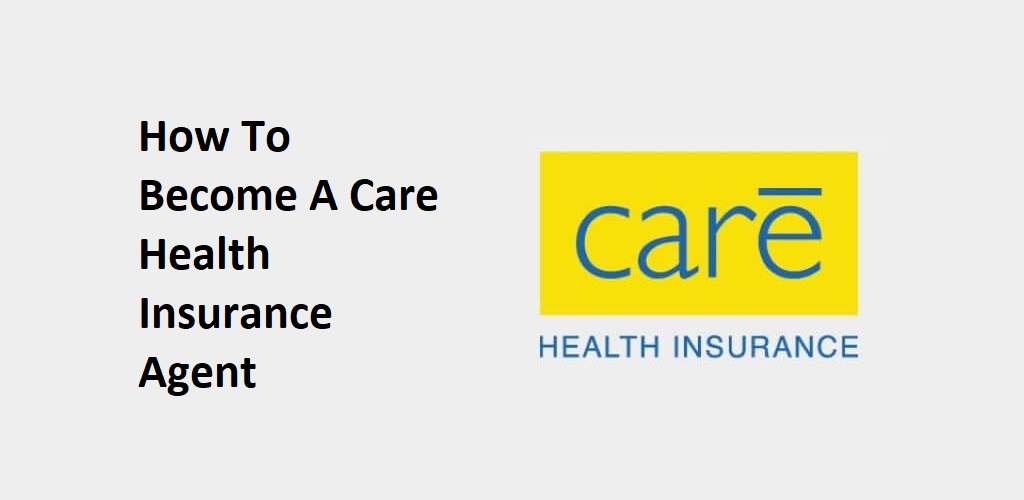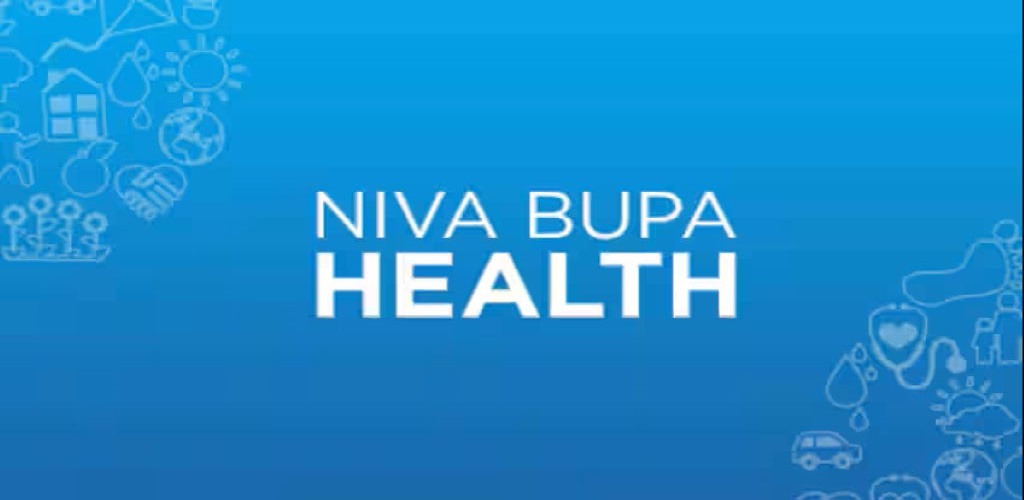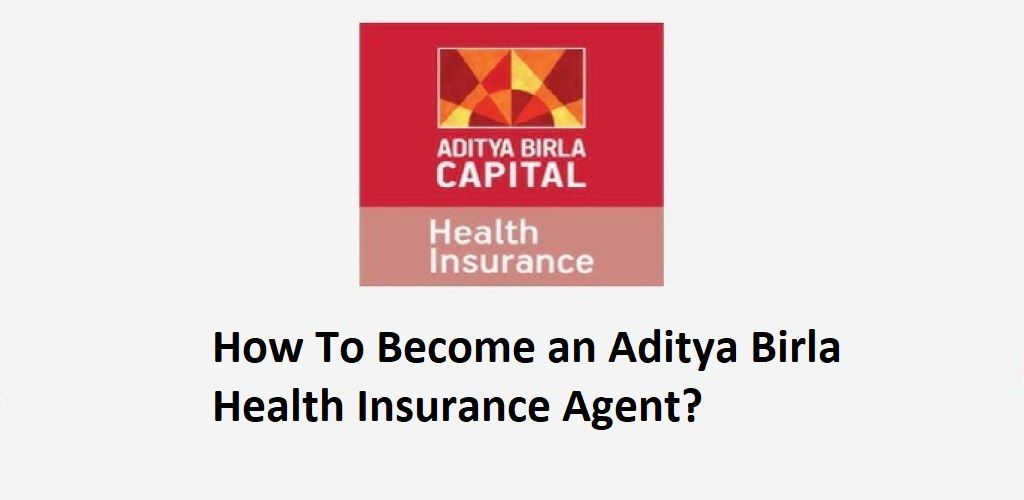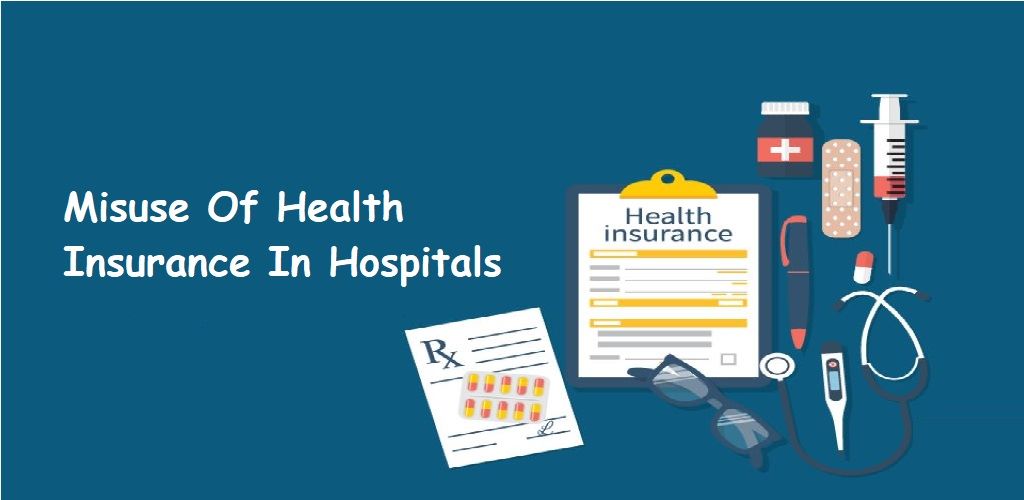Health Coverage gaps happen when you don’t have health insurance for some time. For example, if you lose your job and your health insurance stops, or if you can’t afford to buy insurance for a while, you are in a coverage gap. This means you don’t have help to pay for doctors, medicines, or hospital stays during that time.
Knowing how these gaps affect your money is very important. Without insurance, you have to pay all the medical bills by yourself. This can cost a lot of money and make it hard to pay for other things you need. Thus, understanding the financial impact of health coverage gaps helps people plan better.
Why Health Coverage Gaps Occur?
There are many reasons why someone might have a health coverage gap:
- Misconceptions: Some people think that they don’t need health insurance because they feel healthy. But accidents and sickness can happen to anyone.
- Age: Young people might think they don’t need insurance because they rarely get sick, while older people might lose coverage when they retire.
- Education: People who know little about health insurance might not understand its importance or how to get it.
- Location: In some places, it’s harder to find good, affordable health insurance.
- Income: People with low incomes might not afford health insurance.
- Inadequate Coverage: Sometimes, people’s insurance doesn’t cover everything they need, leading to gaps in their coverage.
Financial Consequences Of Health Insurance Coverage Gap
Health insurance is like a safety net that helps pay for your medical bills when you get sick or injured. Without health insurance, you might face big money problems. Let’s talk about what happens when you don’t have health insurance and how it can affect your finances in different ways.
- Increased Out-Of-Pocket Expenses
When you don’t have health insurance, you have to pay for everything yourself. This means every visit to the doctor, every medication, and every hospital stay comes out of your pocket.
Imagine breaking your arm and needing surgery. Without insurance, you could pay thousands of rupees just for one accident. Even small things, like regular check-ups or prescription medicines, can add up quickly and make a big dent in your wallet.
- Reduced Savings & Investments
When you spend a lot of money on medical bills, you have less money to save or invest. Saving money is important because it helps you prepare for the future. Investments, like putting money in the stock market or in retirement fund can help your money grow over time.
But if all your money is going to pay medical bills, you might not have anything left to save or invest. This means you could have less money when you need it later in life.
- Limited Access To Preventive Care
Preventive care, like vaccinations and regular check-ups, helps catch health problems early. Without insurance, you might skip these visits to save money.
This can lead to bigger health issues later, which are more expensive to treat. For example, a simple infection might become a serious illness if not treated early, leading to higher medical costs.
- Debt Accumulation
If you can’t pay your medical bills, you might need to borrow money. Remember that borrowing money means taking a loan or using a credit card. When you do this, you create debt.
Debt is money that you owe to someone else, and you usually have to pay interest on it. Interest is extra money you pay on top of the money you borrowed. The more debt you have, the harder it can be for you to pay it back. This can lead to a cycle where you keep borrowing more and more money, and it becomes very difficult to get out of debt.
- Impact On Credit Score
If you can’t pay your medical bills, they might be sent to a collection agency. Unpaid medical bills can negatively affect your credit score.
A low credit score makes it harder to get loans, credit cards, or even rent an apartment. It can also lead to higher interest rates on any loans you get, making borrowing more expensive.
- Loss Of Tax Benefits
Having health insurance can sometimes give you tax benefits. This means you pay less in taxes if you have insurance. For example, if you have health insurance through your job, you might be able to pay for your insurance with pre-tax money.
This means the money you use to pay for insurance is not taxed, so you save money. Also, some regions give tax credits or deductions for having health insurance. If you don’t have insurance, you miss out on these benefits and end up paying more in taxes.
How To Minimize The Financial Impact Of Health Coverage Gaps?
Here are the ways to minimize the money problems when you don’t have health insurance.
- Find Low-Cost OR Free Clinics: Some clinics charge less based on your income or offer free services if you can’t pay.
- Use Government Programs: Programs like AYUSHMAAN Bharat can help cover medical costs if you have a low income.
- Negotiate Payment Plans: Talk to hospitals or doctors about paying your bill over time instead of all at once.
- Look For Discounts: Some places offer discounts if you pay quickly or don’t have insurance.
- Consider Health Savings Accounts (HSAs): You can save money in an HSA before taxes to pay for medical expenses.
- Explore Affordable Insurance Options: Look for health plans that cost less but still cover important needs.
- Take Care Of Your Health: Stay healthy with good food, exercise, and regular check-ups to avoid big medical bills later.
Frequently Asked Questions
Yes. It might make it harder or more expensive to get insurance, especially if you have a pre-existing condition.
You will need to check the health insurance options available in your new state and see if you qualify for health insurance or other programs there.
Sometimes, but it depends on the specific insurance plan and circumstances. It’s best to enroll as soon as you can to avoid gaps.
Yes, missing payments for your health insurance can lead to a coverage gap. If you fail to pay your health insurance premium on time, your insurance company may cancel your coverage.
This cancellation can leave you without insurance until you are able to reinstate it or find alternative coverage. It’s important to pay attention to payment due dates and contact your insurance provider if you’re having trouble making payments to discuss options and avoid gaps in coverage.
Age typically affects health insurance premiums due to higher healthcare costs associated with older individuals. If you experience a health insurance coverage gap, insurers might also consider factors like your health during the gap, its duration, and reasons (for example, job loss).
These factors could influence future premiums. Thus, maintaining continuous coverage helps avoid potential premium increases due to coverage gaps.

